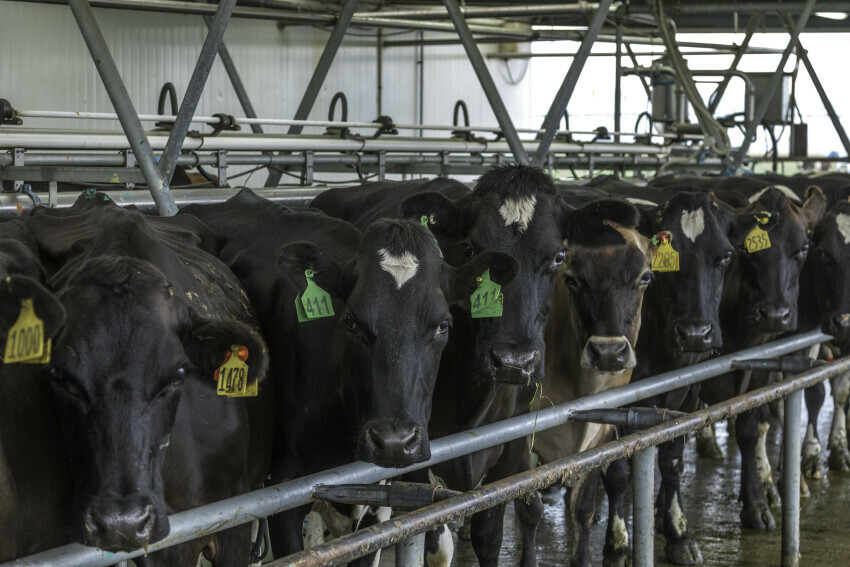The Central Hawke’s Bay District Council’s proposed motion to establish a trust to hold resource consents for the Ruataniwha dam – renamed the Tukituki Water Storage Scheme – is of grave concern, due to the environmental risks, lack of transparency and accountability, and the potential for liability to the public.
This is a community trust in name only
This Trust would only serve the purpose of greenwashing an already contentious project that has been opposed by the community countless times and settled by the courts. If the Ruataniwha dam had any merit, the consent holders would want to retain the resource consents.
The trust is being established to support the construction of the Ruataniwha Dam
Greenpeace has long opposed the Ruataniwha Dam – now renamed the Tukituki Water Storage Scheme – over significant environmental concerns.
This discussion of the Hawkes Bay Water Trust is happening within the context of well established environmental and public health concerns that would result from the Tukituki Dam, formerly the Ruataniwha Dam, which will flood 22 hectares of conservation land, destroying the habitats of rare, endangered native wildlife.
The Environment Court stopped this development for good reason, and the Central Hawkes Bay District Council should have no part in its revival under a different name.
There is no evidence of community benefits
There is no evidence of any benefits to the community by holding these consents in a trust, and there are unanswered questions in regards to how liabilities between the commercial entity and the trust would be resolved, in the event that consent conditions are breached.
The Council’s briefing document state’s “any liabilities between the parties would need to be addressed in a separate Deed of Lease or Licence.” CHBDC constituents can therefore have little faith that community benefits will be realised, let alone confidence that the commercial operator of the Ruataniwha dam will be liable for any environmentally destructive actions.
Monitoring and enforcement capabilities are severely limited
The ability for the trust to monitor the activities of the commercial entity will be limited. The Trust will have a responsibility to monitor and ensure that the IP and consents are used appropriately. However, the Trust Deed specifically excludes the Trust from being able to be directly involved in the commercial development, delivery or operation of water resource infrastructure. The Trust would have no ability to influence or direct the commercial activities if the IP or consents were being used inappropriately.



